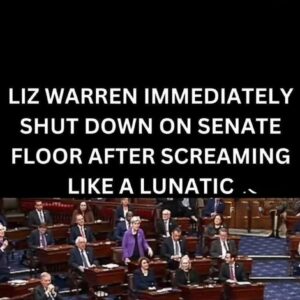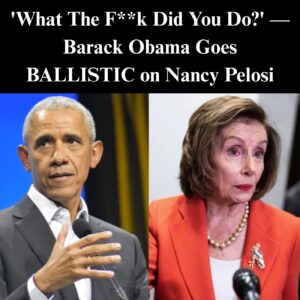Marxist New York City mayoral candidate Zohran Mamdani is facing mounting scrutiny after being caught fabricating details about a supposed family member’s experience with Islamophobia following the September 11 attacks — and then changing his story once the lie was exposed.
Mamdani, a self-described “democratic socialist” and close ally of Rep. Alexandria Ocasio-Cortez (D-NY), told a tearful story during a campaign event last Friday outside the Islamic Cultural Center in the Bronx, claiming that his “aunt” was so traumatized by post-9/11 bigotry that she stopped taking the subway altogether.
“I want to speak to the memory of my aunt, who stopped taking the subway after September 11th because she did not feel safe in her hijab,” Mamdani said, choking up on camera.
The problem, as it turned out, is that his story wasn’t true.
Within 48 hours, investigative journalists online and independent researchers discovered that Mamdani’s only living aunt, Masuma Mamdani, not only did not live in the United States at the time — she resided in Tanzania — but she also does not wear a hijab.
According to biographical records and archived professional listings, Masuma Mamdani was a Tanzanian educator living and working in Dar es Salaam during the years surrounding 2001. Photographs from that time and since show her without any form of head covering.
When confronted with the evidence Monday, Mamdani abruptly changed his story, claiming that the woman he mentioned was not actually his aunt, but a “distant cousin.”
“I was speaking about my aunt, I was speaking about Zehra Fuhi, my father’s cousin, who sadly passed away a few years ago,” Mamdani told reporters, attempting to clarify. “Fuhi means paternal aunt in Urdu and Hindi.”
But the clarification only deepened the confusion. Reporters immediately noted that “Zehra Fuhi” had never been publicly mentioned by Mamdani or his family before, and there are no public records confirming her existence in the United States at the time of the attacks.
The New York Post described the explanation as “conveniently vague,” pointing out that “Fuhi” is not a common surname and appears to be used here as an invented shorthand.
Even as his story unraveled, Mamdani lashed out at critics and accused former Gov. Andrew Cuomo and conservative media of “weaponizing Islamophobia” against him.
“For the takeaway from my more than 10-minute address about Islamophobia to be the question of my aunt tells you everything about Andrew Cuomo and his inability to reckon with a crisis of his own,” Mamdani said defiantly.
His attempt to pivot the controversy back to his political rivals did little to quell the backlash. Social media erupted over the weekend as users accused Mamdani of exploiting the trauma of 9/11 for political gain.
The New York Times and several left-leaning outlets initially reported Mamdani’s emotional speech without questioning its veracity. One Times article described him as “visibly shaken” and accused Republicans of “pouncing” on his remarks — language critics said exemplified the mainstream media’s double standard in covering leftwing candidates.
Meanwhile, questions linger about whether the original claim was a calculated move to deflect attention from the candidate’s ties to an imam previously listed in FBI files related to 9/11 investigations. Mamdani has denied any association, but campaign records show he appeared at multiple events with the same cleric in recent years.
Political observers say the controversy could complicate Mamdani’s campaign in a race already marked by accusations of extremism and dishonesty.
“He’s running on identity and empathy, and now he’s been caught manufacturing both,” said one longtime New York Democratic strategist. “It’s the kind of scandal that sticks.”
For now, Mamdani is attempting to shift focus back to his central campaign themes of “equity” and “justice.” But the damage may already be done.




